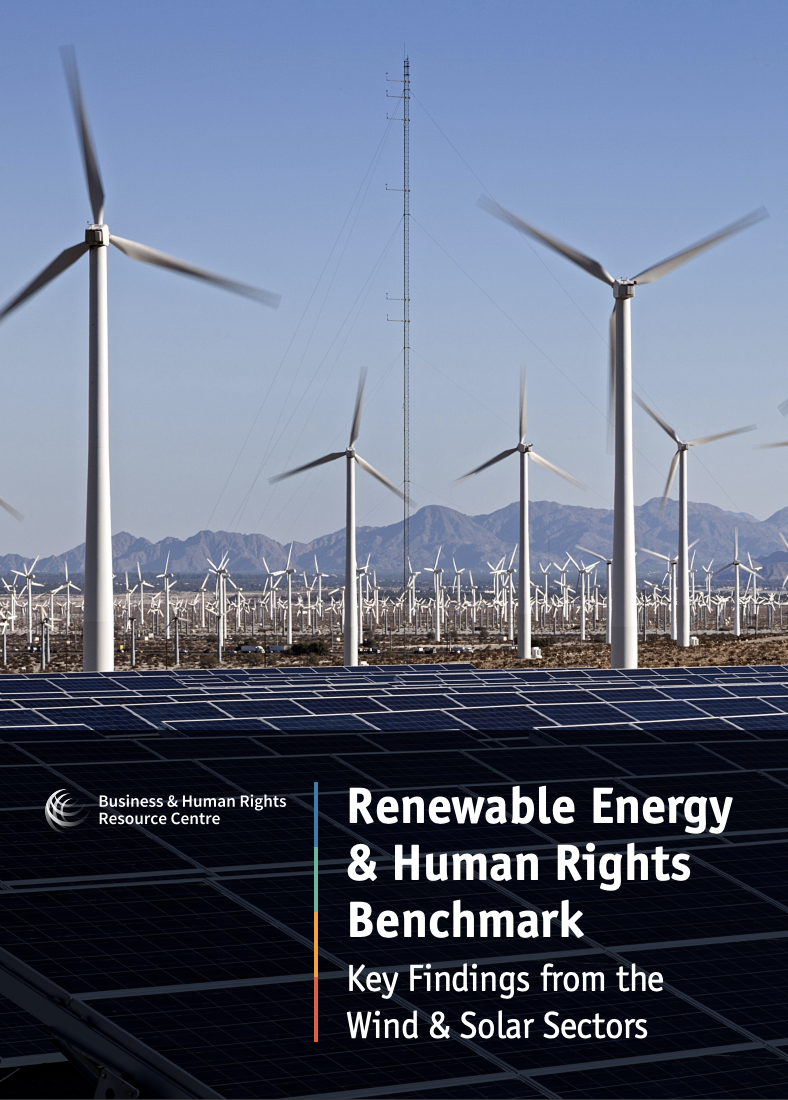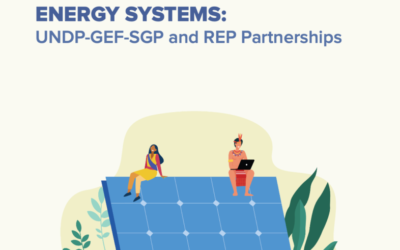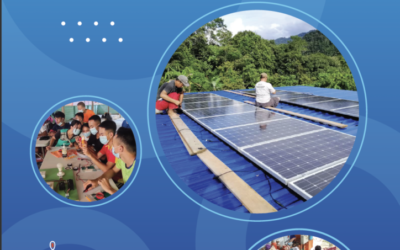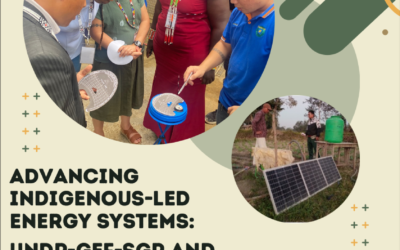Executive Summary
Climate change is among the most important and complex issues our planet and its people have faced in centuries, and the COVID-19 pandemic has only reinforced the urgency and necessity of building economic systems that are both equitable and sustainable. The transition to a net-zero carbon economy is a human rights imperative for all people, but cannot come at the expense of the most vulnerable among us. This first global human rights benchmark of the largest wind and solar companies reveals that most lack the essential human rights policies to avoid abuse of communities and workers on which a just transition depends. The deployment and expansion of renewable energy technologies will play an integral role in reducing our collective carbon footprint, but can come at a cost for workers and communities if companies do not ensure respect for human rights in their operations and through their supply chains. The ambitious and necessary goal of achieving carbon neutrality by 2050 requires equally robust steps to ensure this transition is truly just.
Since 2010, Business & Human Rights Resource Centre has identified 197 allegations of human rights abuses related to renewable energy projects, and asked 127 companies to respond to these allegations. Abuse allegations include: killings, threats, and intimidation; land grabs; dangerous working conditions and poverty wages; and harm to indigenous peoples’ lives and livelihoods. Allegations have been made in every region and across each of the five sub-sectors of renewable energy development: wind, solar, bioenergy, geothermal, and hydropower.1 The region with the highest number of allegations is Latin America (121 allegations since 2010, 61% of allegations globally). Eight of the 16 companies ranked in this benchmark have allegations of human rights abuse linked to their renewable energy operations reported on our website.
This benchmark provides a comprehensive analysis of the human rights policies and practices of 16 of the largest publicly traded wind and solar energy companies in the world, based on Bloomberg’s New Energy Finance Database. These companies represent over 130,000 Megawatts (MW) of wind and solar operating capacity.1 This sampling represents a small fraction of global renewable energy producers, but provides important insight into the policies and practices of some of the most important and influential companies working in the sector. These companies are headquartered in nine countries and together have operations in every region. Two are investors with significant renewable energy holdings; the others develop and manage renewable energy projects directly. While many included do not directly manage projects, they are among the largest owners of renewables assets worldwide, which highlights the influence and responsibility of investors in ensuring respect for human rights in renewable energy projects. The fact that these two fall in the benchmark’s lowest scoring bracket reinforces the importance of scrutinising the role of investors in this sector.3 All those assessed set an example for others, and their policies and practices can have strong impacts (positive or negative) on industry-wide practice.
The benchmark was developed through a rigorous global consultation process involving more than 100 stakeholders, seven in-person workshops/meetings, and an online consultation process. The methodology includes 13 core indicators developed, tried, and tested by the Corporate Human Rights Benchmark (CHRB) to measure companies’ alignment with the United Nations Guiding Principles on Business & Human Rights (UN Guiding Principles). 19 sectorspecific indicators were developed to assess salient human rights risks relevant to the renewable energy industry, including indigenous peoples’ rights, labour rights, and land rights, based on international standards such as the ILO Core Conventions and OECD Guidelines.
The results of the benchmark suggest that none of the companies analysed are currently fully meeting their responsibility to respect human rights, as defined by the UN Guiding Principles.
Nearly half the companies benchmarked (7/16) scored below 10%, with three quarters (12/16) scoring below 40%. The average score was just 22%, indicating that, as a whole, the industry has a long way to go to demonstrate its respect for the human rights of communities and workers in their operations and supply chains. The lack of human rights policy strongly correlates with allegations of abuse. The widespread and egregious practice of land grabs, for example, is reflected in the fact that no companies scored points for having policies to respect land rights, to govern their process of land acquisition, or on just and fair relocation of residents.
The average score across the 13 core indicators – the indicators that represent the most basic human rights responsibilities of companies – was higher, at an average of 33%. Although this is a low score, it is on par with other high-risk industries ranked by the CHRB, such as apparel, agricultural products, extractives, and ICT manufacturing. As with those sectors, within the renewable energy there are leaders and laggards. Four companies – Iberdrola, Acciona, Orsted, and Enel – scored relatively high on these indicators (67-77%); three companies (EDP, EDF Energy, and Engie) formed a catch-up group scoring between 52-54%. Nine companies lagged behind, dragging down the sector average.
It is imperative that the sector as a whole urgently adopt policies and practices to prevent, mitigate, and remediate the human rights harms emerging from the sector, and take steps now to ensure that the lowcarbon transition is both fast and fair. A complete data set of company scores and list of indicators can be found here.





0 Comments